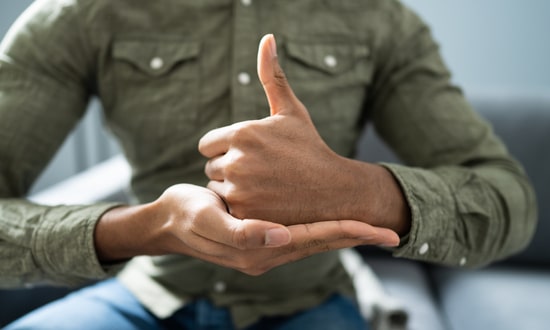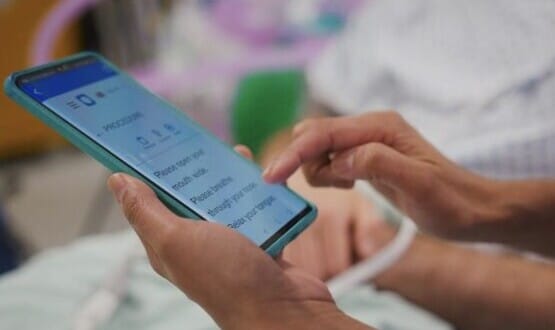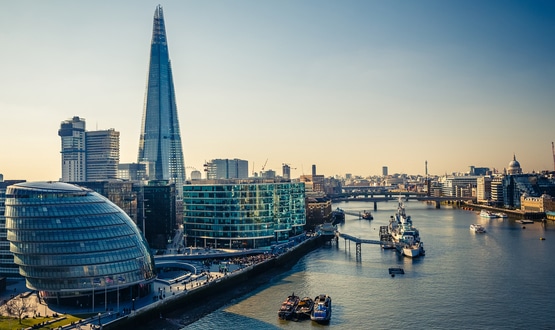999 callers who use British Sign Language encouraged to use new app

A new app is ensuring that people with hearing or speech impairments can make 999 calls and receive urgent help promptly.
The 999 British Sign Language (BSL) service allows those with hearing or speech loss can be connected via video to a BSL interpreter who will then call the 999 operator and relay the conversation. The service connects users to any of the emergency services: ambulance, police, fire or coastguard.
To use the service, callers need to use either the 999 BSL app or website to make their emergency call. In addition, the new service also allows London Ambulance Service call handlers to give deaf callers instructions on how to give cardiopulmonary resuscitation (CPR), which could potentially save someone’s life if they’re in cardiac arrest.
Prior to 999 BSL service’s launch, hearing and speech-impaired callers would be required to use a text message service and to help avoid delays, call handlers would be advised to ask fewer questions to help speed up getting help for the patient.
An early analysis of the new app has found it is as a quick as a voice call, and has halved the time of using the text system. For those who do not use BSL, the existing text relays service for 999 calls will still be available.
Sarah Clark, quality assurance manager at London Ambulance Service, said: “I initially trained as a call handler and I’m passionate about helping patients and saving lives. This innovation means no deaf person is excluded. Everyone should have the same access to our services and treatment and care.
“Now deaf people get the same advice and the same instructions for helping patients. And the same chance for saving lives.”
London Ambulance Service has previously used GoodSAM Instant-on-Scene technology to enable paramedics to use 999 callers’ phones to gain on-scene footage from serious incidents.




